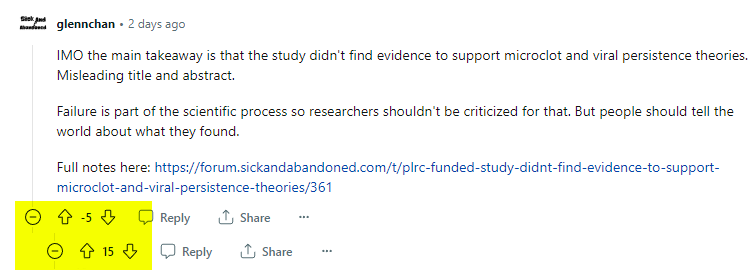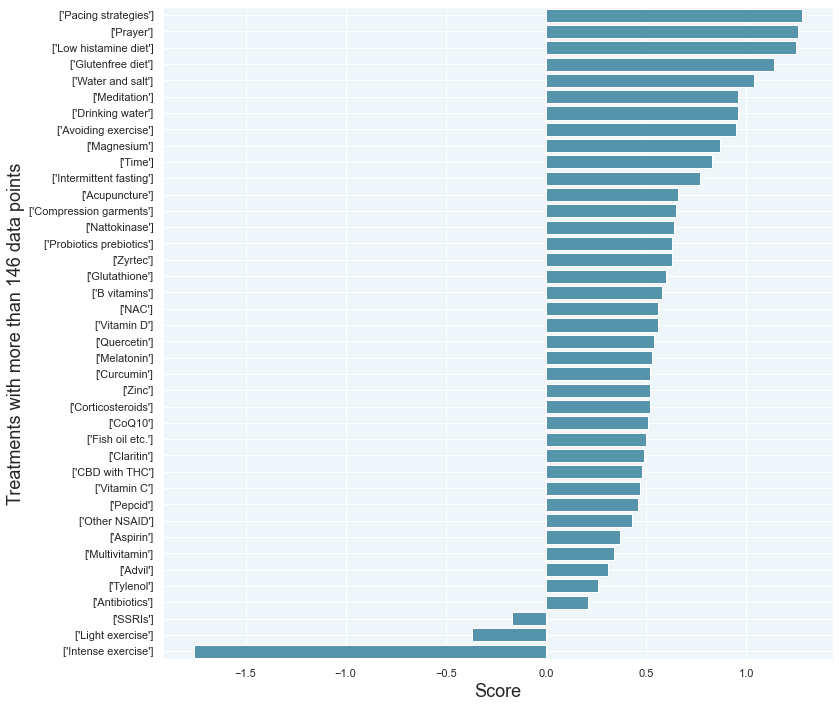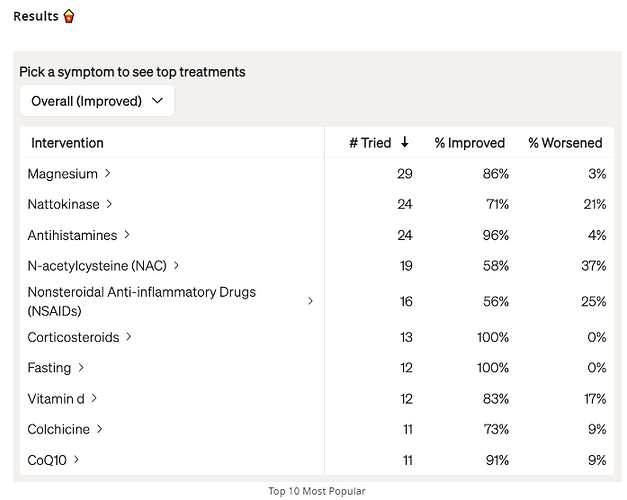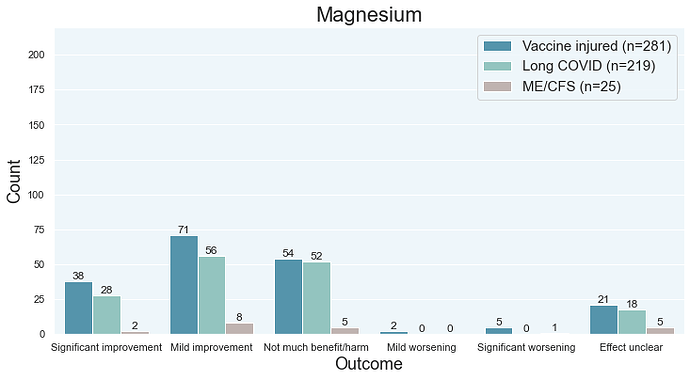I posted the same comment posted in 2 different chronic illness communities. One community downvoted it while another upvoted it.
The big picture is that you’ll get a different take depending on the nature of a community. Certain communities will not expose you to particular ideas about chronic illness. The conversation is biased by social media algorithms trying to push ‘good’ content and to hide ‘bad’ content. On Reddit, that is influenced heavily by communities downvoting ideas that they don’t like. On Twitter, it’s influenced by likes and retweets.
The danger is that communities will develop blindspots as they simply aren’t aware of areas where they are wrong. This can be a huge problem if people are reporting negative experiences with a treatment (e.g. HELP apheresis) and the people considering that treatment only see positive experiences being reported. This can be a huge problem with Facebook groups devoted to particular treatments such as HELP aphesis, triple anticoag, the MLM frequency wand, etc.
Reporting biases
In surveys, patients tend to be overly optimistic about treatment outcomes. In the Patient Experiences Survey, most treatments were rated positively.
The problem is that most things in real life don’t follow an “everything works” distribution. Treatments likely follow a 80/20 style distribution, where a small number of treatments will account for most of the impact. This is the case with FDA approved drugs as very few drugs actually pass the approval process.
The ‘everything works’ phenomenon
Eureka Health scraped chronic illness subreddits to get data on % improvement.
The ‘everything works’ phenomenon is even more extreme than in the survey data. Magnesium has a 86% improvement rate- even higher than the survey data where it was ‘only’ 55%.
The bottom line
What ends up happening is that many social media groups turn into places where every treatment works, many people are “100%” recovered, and people don’t talk about their negative experiences with a treatment. This can cause people to greatly underestimate the risks associated with a treatment.
Historical issues include:
- HELP apheresis, which may have ultimately led to suicide for 1 patient.
- HBOT, which causes long-term worsening in some? (It is also the most proven treatment based on 1 well-designed RCT.)
- Surgeries related to the mechanical basis theories, which had tragic consequences for Jenny Rowbory. (And Walker Storz?)
We know that there will be more experimental treatments in the future so I would expect the list above to grow.



